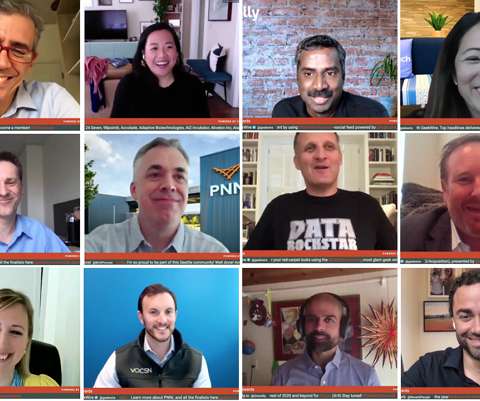ACC Foundation Releases Extensive State of Cybersecurity Report
CTOvision
JANUARY 28, 2016
Employee error was the most frequent cause of a breach (24%), followed by inside jobs (15%), phishing (12%), access through a third party (12%), lost laptop or device (9%), application vulnerability (7%), and malware (7%). PPL forms program for nonprofit groups (republicanherald.com). About Ballard Spahr. Related articles.














Let's personalize your content